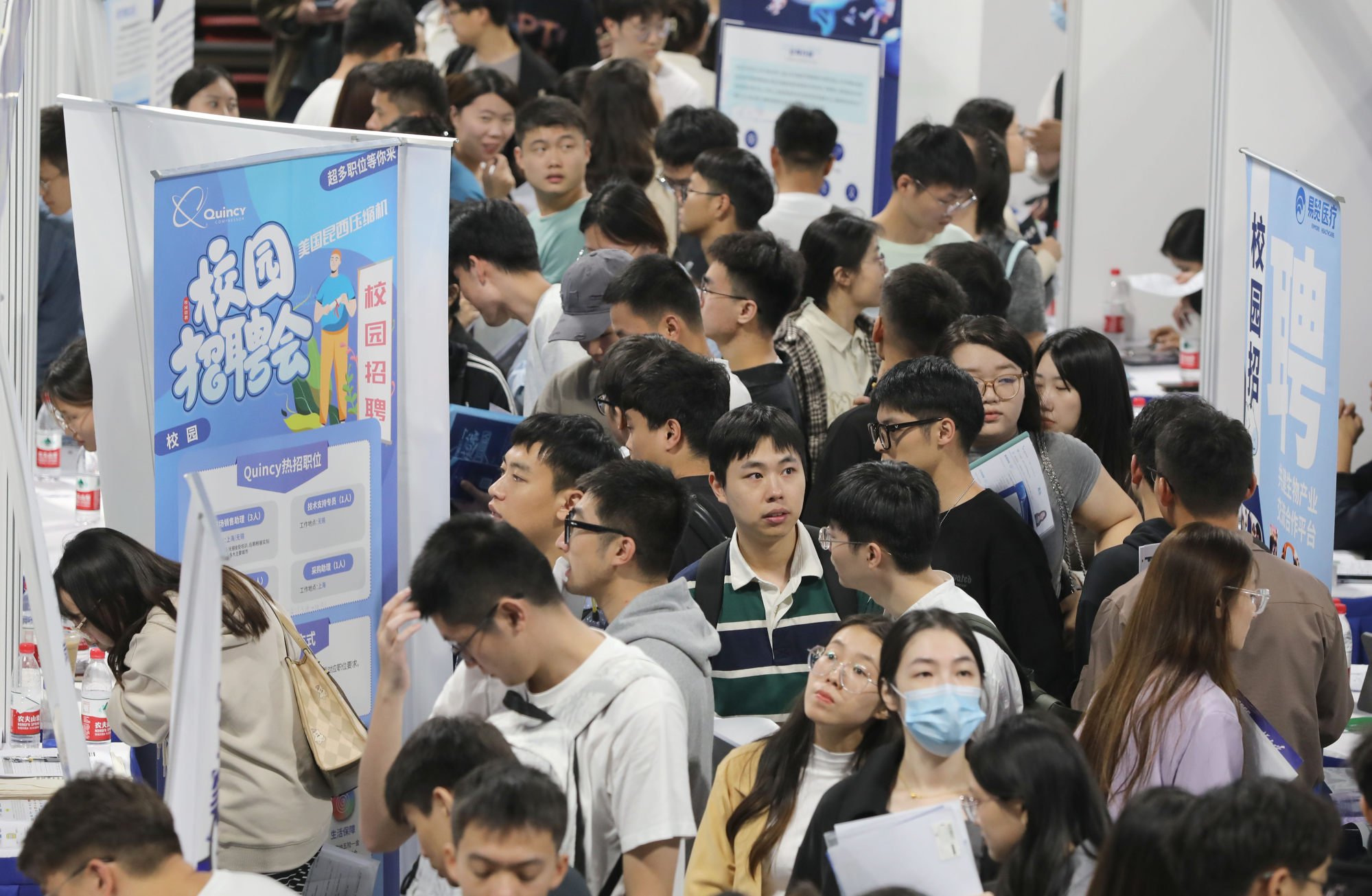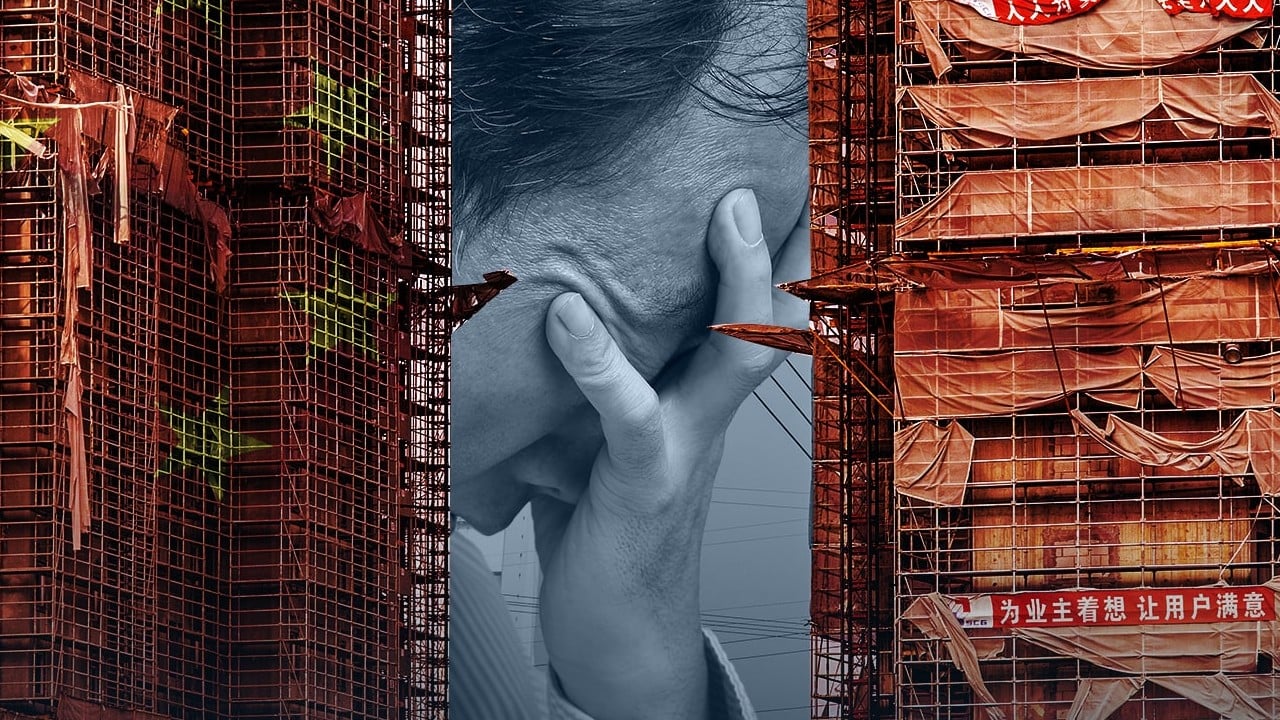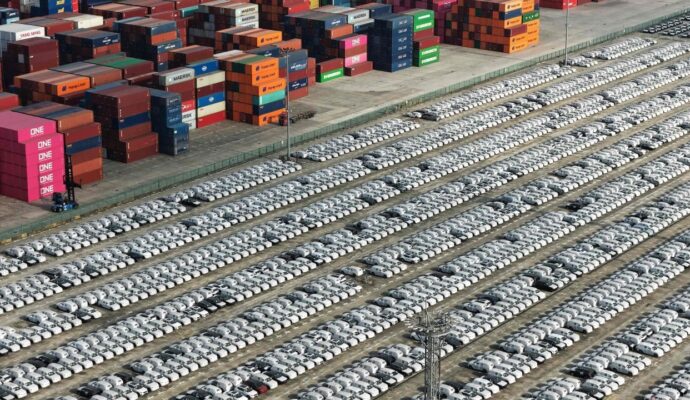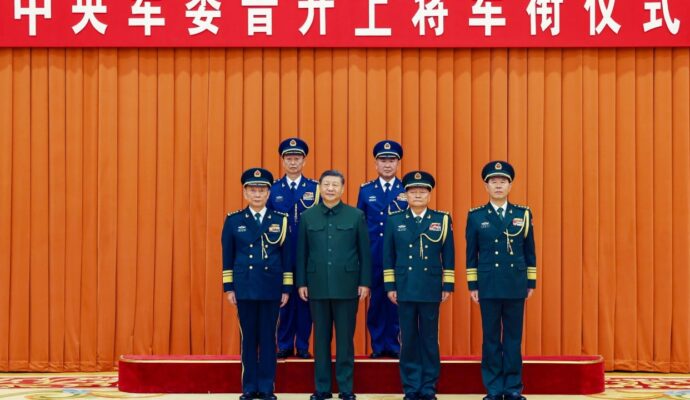Videos recording the day-to-day struggles of ordinary city dwellers have proved enormously popular on social media, including an account that attracted more than 400,000 followers on Douyin – the Chinese version of TikTok – by a couple from Zhengzhou in the central province of Henan.
Zhang Yiliang and his wife Dong Lijun, both in their 30s, have documented how they are spending most of their earnings on paying the mortgage on a flat that has not yet been finished and have been forced to skimp on food after Dong’s salary was cut.
They also recorded how work on the apartment had been halted when the developer went bust and how they had been beaten up by the developer when they asked for a rebate.
Property woes loom large over China’s 2024 outlook: economist
Property woes loom large over China’s 2024 outlook: economist
Last month, the couple said they were considering returning to their hometowns though they seemed to change their minds and stay in Zhengzhou.
Their short videos attracted enormous sympathy online because a large number of people can identify with their hardship.
Meanwhile, state media has been trying to paint a rosy picture about the prospects for urbanites who return to the countryside, describing it as a “rural dream”.

For example, a report in People.cn published on Monday said that 12 million people had moved from the cities to the countryside between 2012 and 2022, including increasing numbers of university graduates, entrepreneurs and overseas returnees who are starting businesses.
But while mechanisation, better transport links and internet infrastructure makes it more viable to start a business than before, there are still many hurdles for the country to overcome to make the “rural dream” a reality.
These include problems such as low incomes for most farmers – in 2022, the annual disposable income of farmers was 20,133 yuan (US$2,824), according to agriculture ministry figures – and the persistent gap in the quality of healthcare services available in the countryside and cities despite government pledges to improve the former.
As for education, many rural schools have been closed down in recent years due to the exodus of young people to the cities, while many of the remaining schools are struggling with a shortage of teachers and lack of resources.
But most significant is the long-standing gulf in the status of cities and rural areas.
In previous decades the household registration system has given city dwellers a greater entitlement to social welfare services such as pensions and medical insurance.
Although such disparities have narrowed in recent years with reforms to services such as health insurance, rural residents are still treated as inferior and priority is still given to cities.
No makeup: top China influencer Sister Yu prefers snaring pigs to cosmetics
No makeup: top China influencer Sister Yu prefers snaring pigs to cosmetics
China still has a long way to go to bridge the yawning rural-urban economic divide, and speeding up reforms to improve social welfare services for rural dwellers and treating them the same as their city counterparts would be the first step.



